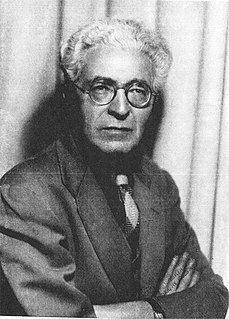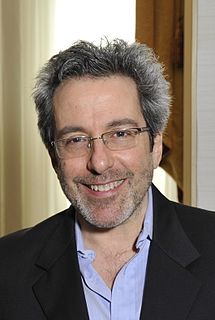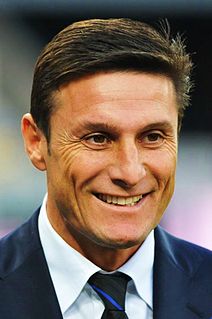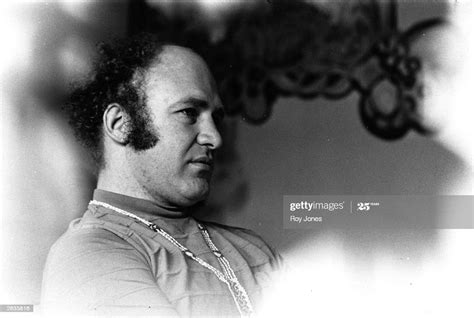A Quote by Holly Black
I'm not a fast writer, and I find the process of writing a first draft to be painful and frustrating. Usually, I start with a character, a premise, and some image that gives me a particular feeling.
Related Quotes
Writing 'Men We Reaped' broke me in different ways at different spots in the drafting process. The first draft was hard because I was just getting it out. In some ways, that draft failed. I was really just telling the story, not making assessments - this happened, then this. Just putting those facts down on paper was really painful.
Almost all good writing begins with terrible first efforts. You need to start somewhere. Start by getting something-anything-down on paper. A friend of mine says that the first draft is the down draft-you just get it down. The second draft is the up draft-you fix it up. You try to say what you have to say more accurately. And the third draft is the dental draft, where you check every tooth, to see if it's loose or cramped or decayed, or even, God help us, healthy.
I was a lot dumber when I was writing the novel. I felt like worse of a writer because I wrote many of the short stories in one sitting or over maybe three days, and they didn't change that much. There weren't many, many drafts. That made me feel semi-brilliant and part of a magical process. Writing the novel wasn't like that. I would come home every day from my office and say, "Well, I still really like the story, I just wish it was better written." At that point, I didn't realize I was writing a first draft. And the first draft was the hardest part.
I taught everyone a very bad lesson at my publisher because they actually gave me deadlines this time and I'm now meeting them. I used to say, "Here's my book; it's six years late." I'm so much faster now, and work differently. With all the years of writing, I think I still draft as obsessively, but I think back to writing. On your first story, you start at draft one. On your second story, you start at draft ten. On your third story, you start at draft one hundred. If you need a hundred and eight drafts, you may write eight instead of a hundred and eight.
No, you don't have to start your play with a premise. You can start with a character or an incident, or even a simple thought. This thought or incident grows, and the story slowly unfolds itself. You have time to find your premise in the mass of your material later. The important thing is to find it.
The first thing that happens is the cleansing of the former character. I don't think a lot of actors talk about it, but there is usually a process where you essentially purge yourself of the character played prior to the movie. Then you want to think about what the character represents, and you write down all of the elements about this character and then take the time to find some synchronicity and start breathing the character.
For me writing is a long, hard, painful process, but it is addictive, a pleasure that I seek out actively. My advice to young writers is this: Read a lot. Read to find out what past writers have done. Then write about what you know. Write about your school, your class, about your teachers, your family. That's what I did. Each writer must find his or her own kind of voice. Finally, you have to keep on writing.





































